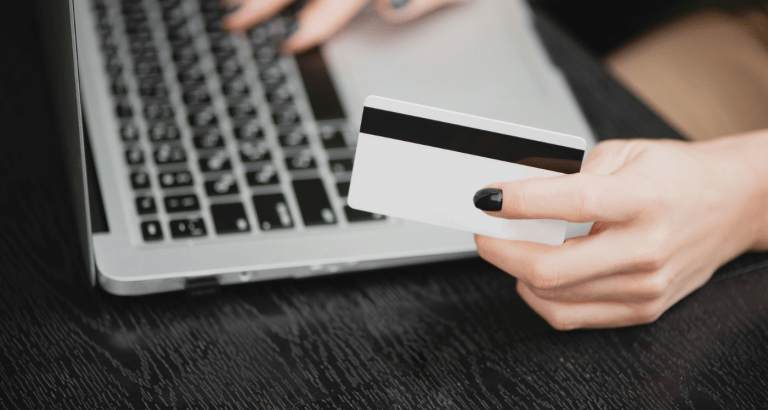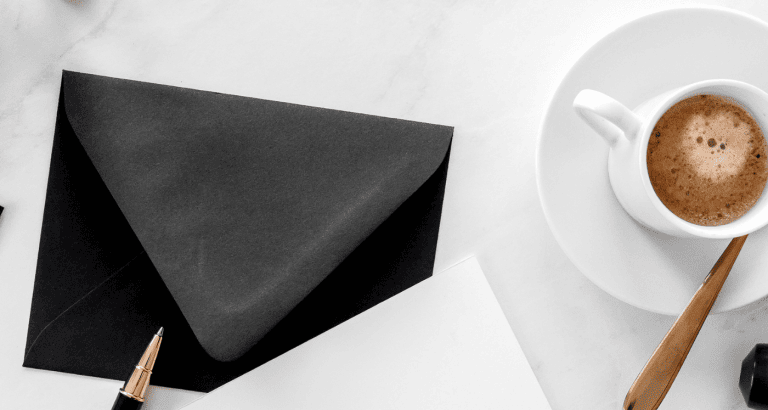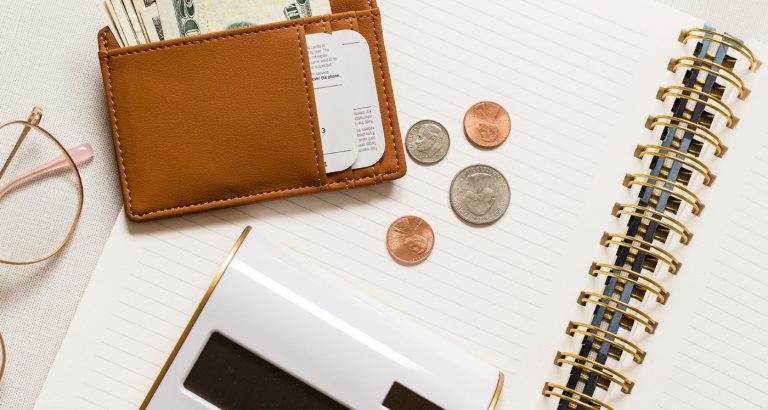Minimalist Finances: Tips for Budgeting and Spending Money as a Minimalist
So, you’ve heard of minimalism, and you’ve heard of finances. But what about these two words together?
Minimalist finances may be an unfamiliar concept, but it can be incredibly helpful when looking to save money, be more intentional, and enjoy financial freedom. Find out more about financial minimalism and whether you should try it yourself.
How does minimalism save money?
Being a minimalist involves focusing less on quantity and more on having just what you need. There’s no excess in minimalism.
Because of this, you might find yourself with extra cash due to needing less things. Here are the ways minimalist finances can save you money.
As an affiliate partner of various brands and sponsored content, HerPaperRoute may earn commission on qualifying purchases. Disclaimer | Advertise With Us
1. Buying quality items leads to less spending overall.
When trying to live a minimalist lifestyle, you don’t have many items. So the ones you do need to be of excellent quality.
When you buy something that might cost more upfront but will last much longer, you are less likely to replace it or buy something similar in the future. The item can last for years and years and save you a lot of cash.
For example, a cashmere sweater in your capsule wardrobe will save you money in the long run because, it won’t be a seasonal purchase, but a lifetime one. (Assuming you don’t toss it in the dryer!) Thinking in these terms sets minimalism apart.
2. Less shopping means more time to spend on physical and mental health, which leads to better health and less money spent on healthcare.
Online shopping and checking out retail stores take more time than you think. In a roundabout way, going shopping less often can free you up for other activities, making you a healthier person.
And when you’re healthier, you don’t need as many medications and doctor’s visits. This may not sound significant right now, but it may save you thousands later.
Related: Check out these tips for curbing impulse spending.
3. Focus on experiences, not things.
Being a minimalist who doesn’t constantly shop means you have to focus on experiences and not the things you own. For example, time with family or friends is more important than buying a new handbag or shoes.
Experiences can range from free to quite expensive, but may still cost less than constant purchases, saving you money.
4. Freedom from debt.
A typical American family has over $6000 in credit card debt. That’s a lot of money!
Credit cards are often used for non-essential purchases. If this is true for you, you’re likely to get rid of your debt when taking a minimalist approach to personal finance.
Since debt is a complication, financial minimalists tend to avoid it.
Related: Is being debt-free the new rich?
5. Living with purpose leaves less time for meaningless shopping.
Minimalist living can create a great sense of peace and purpose. It may help you focus on things beyond material items, like family and helping others in need.
This will probably leave you less time to shop or think about what you want to buy. You may also find that shopping isn’t as fulfilling anymore, because you care about other things more than having the newest gadgets and clothing.
6. Simplifying your life means spending less money on things.
When you choose to live simply, you say no to meaningless spending. Instead, you think carefully about your purchases.
This will stop you from overspending on something you don’t truly need or want.
7. Focusing on relationships instead of things means spending less money.
Not shopping recreationally or spending time keeping up with purchases means more time with your loved ones. You can spend your time with friends and family and not think about money.
Related: Common spending triggers and how to avoid them.
Do minimalists spend money?
You might wonder if minimalist finances include spending money at all. The answer is yes. Here’s why.
Minimalists spend money carefully and with purpose.
Everyone spends money! Obviously, minimalists do so also, but it’s for more than just bill paying.
They also spend on things that truly enrich their lives. Money should add to your life and be as uncomplicated as possible.
A minimalist also believes in quality over quantity. So, instead of having twenty pairs of shoes, they might have three. But those three pairs are very likely to be well-made, practical, and last a long time.
Since financial minimalists don’t waste their money, they may have some left over to purchase something that truly brings them joy. Some examples are a great gaming laptop, camping equipment, artwork, or anything else inspiring or helpful.
How do you become a minimalist with money?
If all of this sounds pretty good to you, how do you get started? Here are some tips for becoming minimalist.
1. Consolidate accounts
Step one is to make your finances simpler. Do this by consolidating your bank accounts so your money isn’t spread out in too many places.
The simplicity will make it easier to see what you have, what you owe, and financial management can be a less stressful event.
2. Go to online statements/record-keeping where possible
Not having a vast amount of paper to work through or mail can help your home stay clutter-free, but it can also help your mind be clear when dealing with money.
3. Become debt-free
Carrying no debt can really simplify your life. So, get rid of credit card debt and loans and pay off anything else you owe to become a financial minimalist.
Related: Creative ways to pay off debt
4. Pay cash
Rather than using credit cards, pay with cash or a debit card. You don’t have to remember to pay anything off because it’s already done.
For additional help on using cash, check out this post on cash budgeting.
5. Reduce services/subscriptions you rarely or never use
If you subscribe to a tv streaming service or get a weekly magazine you never use, save some money by canceling it. Also look for free options like checking out the offerings from your local library.
There are ways to get free or cheap services like free internet or using all of the benefits of your memberships. Here are some of the top benefits you’re likely not using from Amazon Prime.
6. Focus on doing the things that make you the most money
Do what makes you the most cash. Whether that’s your day job, your side hustle, or investments. Or maybe a combination.
7. Turn off the TV and spend less time on the internet to avoid cluttering your mind with information overload
Our minds don’t need to know everything at once. Not watching as much tv or using the internet less can also lead to less spending.
How to Create a Minimalist Budget?
A great minimalist money habit is to create a minimalist budget consistently. It will help you know what to spend and save.
List your fixed monthly expenses
Begin by knowing how much you pay for your expenses that don’t change. These categories are usually the same every month:
Housing
Rent or mortgage costs.
Transportation
What you spend for gas, car maintenance, or a bus pass.
Healthcare
Prescriptions or any ongoing gym memberships.
Childcare
Cost of daycare or education for children.
Evaluate how much you spend in flexible areas
Some things you buy each month, but they don’t cost the same amount every time, like these:
Groceries
The amount of people in your household can make your grocery budget vary. Estimate your weekly costs by looking at past receipts.
Entertainment
You may spend a lot on entertainment one month and nothing the next. Plan accordingly, especially if you need to save up.
Clothing
This might be a seasonal or yearly expense, and costs vary depending on what you need.
Personal Items
Anything that you buy monthly that hasn’t already been included in costs.
Luxury Items
These aren’t everyday expenses, but they might be things you buy every few years and need to save up for.
Hobbies
Include it in your minimalist budget if you have a hobby that costs you money monthly or seasonally. Examples are skiing, skateboarding, yoga, painting, etc.
Examine everything
Check out your expenses and see what you need and don’t need. You don’t have to stop buying things you love, but you should limit buying things that don’t matter to you.
Here are some ways to get started:
Set spending limits
Spending is not prohibited in a minimalist budget, but it’s important to set spending limits. That way, you aren’t going overboard.
Set yourself a spending amount at the beginning of the month or week and stick with that.
Examine areas of waste
Find parts of your budget or spending that seem excessive and take a closer look. Find out how to save or even eliminate these costs.
Then you can be sure your budget is saving you the most money possible.
Determine needs vs. wants
You need housing, food, transportation, clothing, insurance, and medical access. However, most other things are wants that can wait or be saved for.
Once you know the difference, budgeting and finances are easier.
Inventory what you already have
Why buy something that you already own? Find out where you might be living in excess by looking at what you already have. So, if you can find what you need or something similar, don’t buy it.
Focus on buying things of lasting value
When you make a purchase, take the time to notice the quality and how long it will last. From there, buy what you need that will be useful for a long time.
For example, one great winter jacket you can wear for years instead of one that needs to be replaced next season.
Look for free/inexpensive entertainment
Find ways to have fun experiences without spending. A movie night at home, a trip to the park, or going by the library are all free ways to have fun.
Fit more of these types of entertainment into your life instead of relying on expensive experiences like restaurants, movie theaters, or ticketed events.
How minimalist living moves you toward financial freedom.
There are many ways that minimalist finances and living can help you be free financially. Here are some of the great things that can happen when you decide to live in a simpler way.
1. Simplifying your life helps to clarify needs vs. wants
Many people think they know about needs vs. wants. Still, a look at their budget might prove otherwise.
Living in a minimalist financial mindset will help clarify this. As a result, you’ll understand what you have to have for survival and what is secondary.
2. You get back to basics
You may feel more content because you’ll live more fundamentally. You won’t need as many things to make you happy, and you can enjoy paying for expenses, saving, and investing without complications.
3. Live within your means
Living within your means is actually quite rare. Most people spend way too much and don’t need most of it.
So, minimalist living may cause you to downsize, spend less, and save more, which is excellent for your wallet.
4. Be resourceful
If you’re choosing to spend less money, you’ll definitely find yourself being more resourceful. You’ll look through what you already have before spending, find ways to make do, and generally spend less.
You can even look at the tips from your great-grandparents or the Tightwad Gazette for ways to be resourceful and save money.
5. Requires less
You’ll need fewer things. Less furniture, decor, dishes, you name it. So, you won’t need as many items, and you won’t have to pay to maintain them.
6. Less things mean more saving
All that money that isn’t being spent on buying extra stuff has to go somewhere. So, you can save up an emergency fund, build your retirement accounts, invest, etc. This is one of the best things about minimalist finances.
7. Focus on the bigger picture.
Looking past buying more things and money can help you see that there’s more to life. Many things are more valuable than money, like friendship, family, being kind to others, volunteering, and other great things.
Choose to focus on those by creating minimalist money habits.
Being a minimalist in life and finances can help you achieve your financial goals and freedom.
When you become a minimalist in your lifestyle, you may soon find that minimalist finances sound like a great idea. These two things can work together to help you create a more fulfilling life, achieve what you want with money, and be financially free.
You may also experience a more straightforward way of living that helps you focus on others and what really matters in life.
If you’ve never considered minimalist finances, today is a great time to start. Check out more resources and determine if this lifestyle will work well for you.
Even giving it a try for a short time can give you great results and help you save money. So consider financial minimalism. You might change your life, and your wallet, for good.
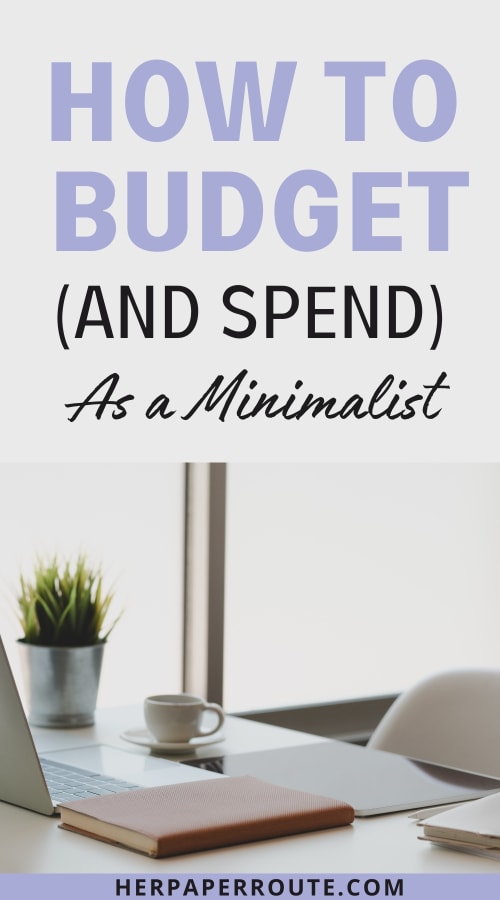



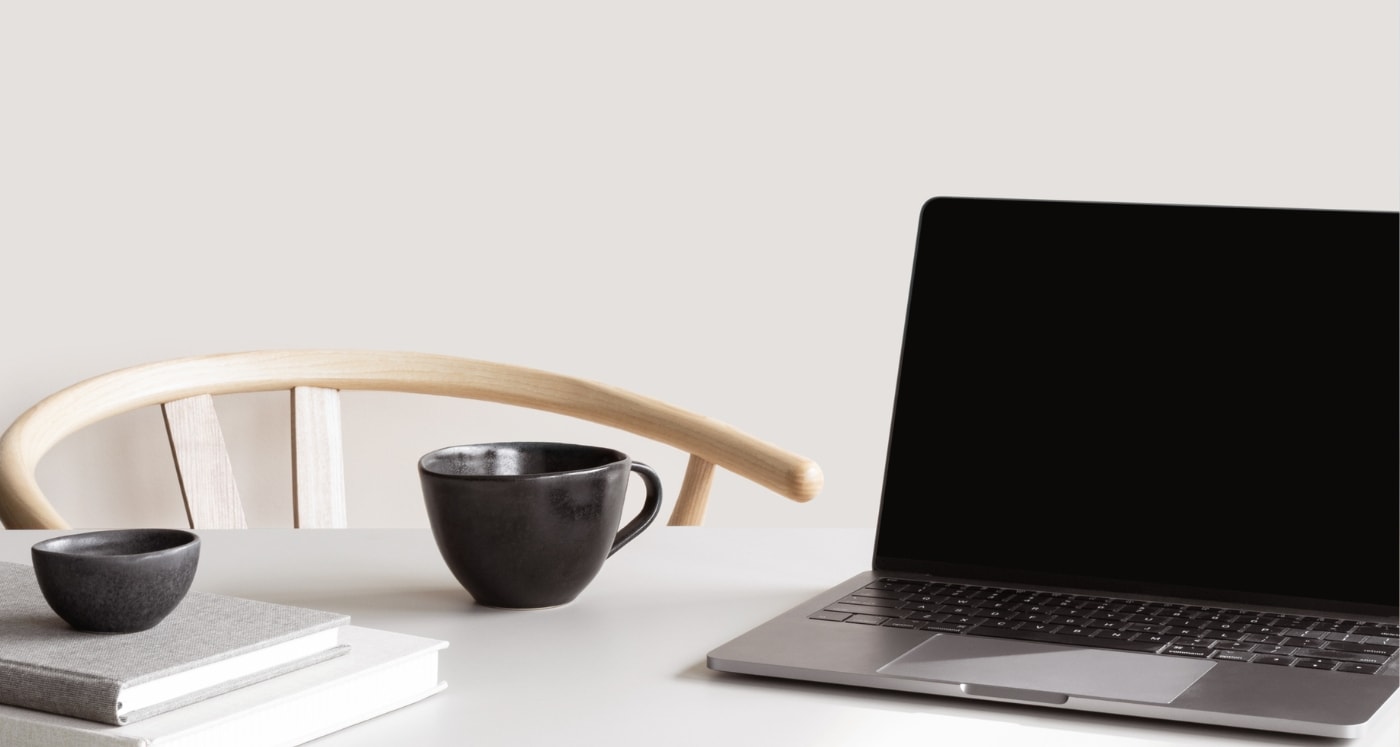
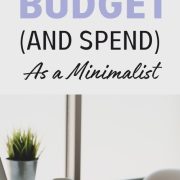


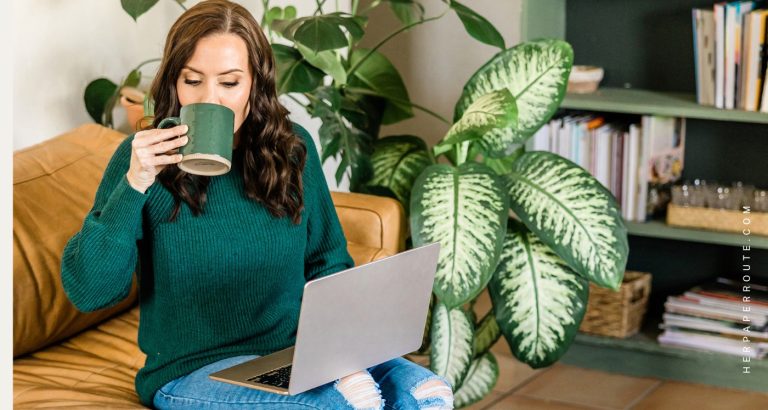
![52 Week Money Challenge [With Printable] 7 52 Week Money Challenge [With Printable]](https://herpaperroute.com/wp-content/uploads/2022/09/52-Week-Money-Challenge-expplained-768x410.png)
